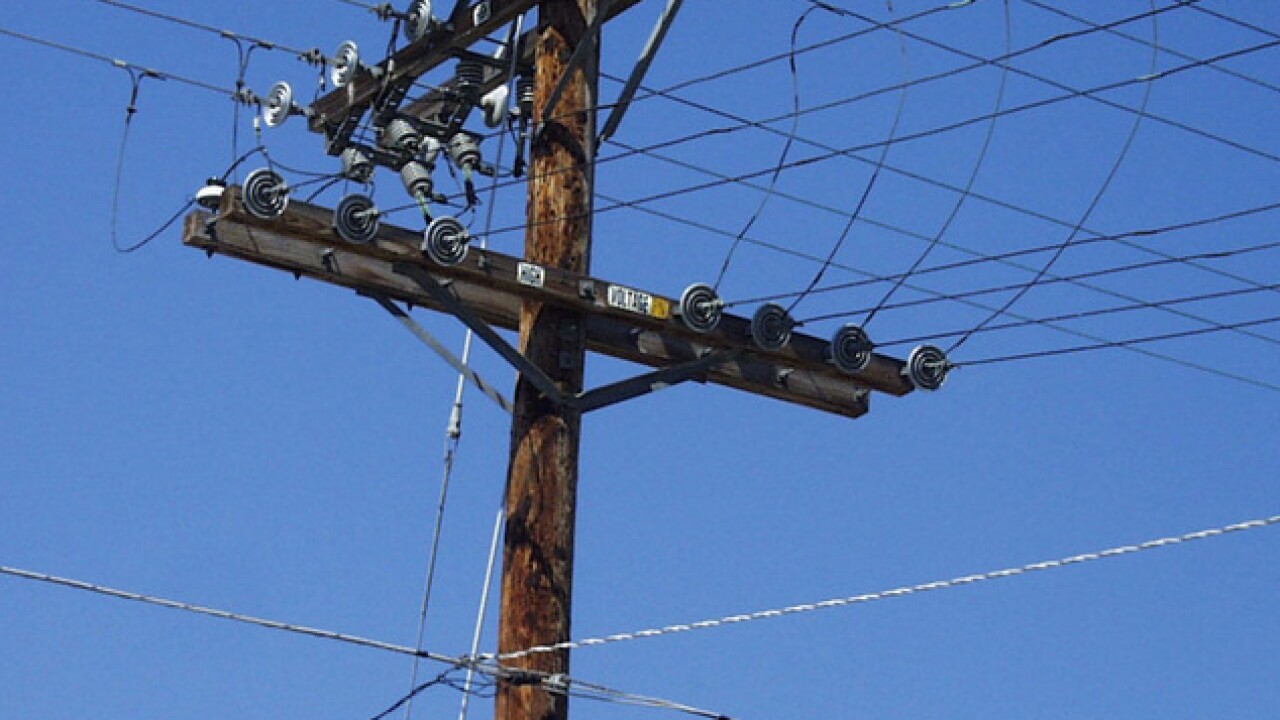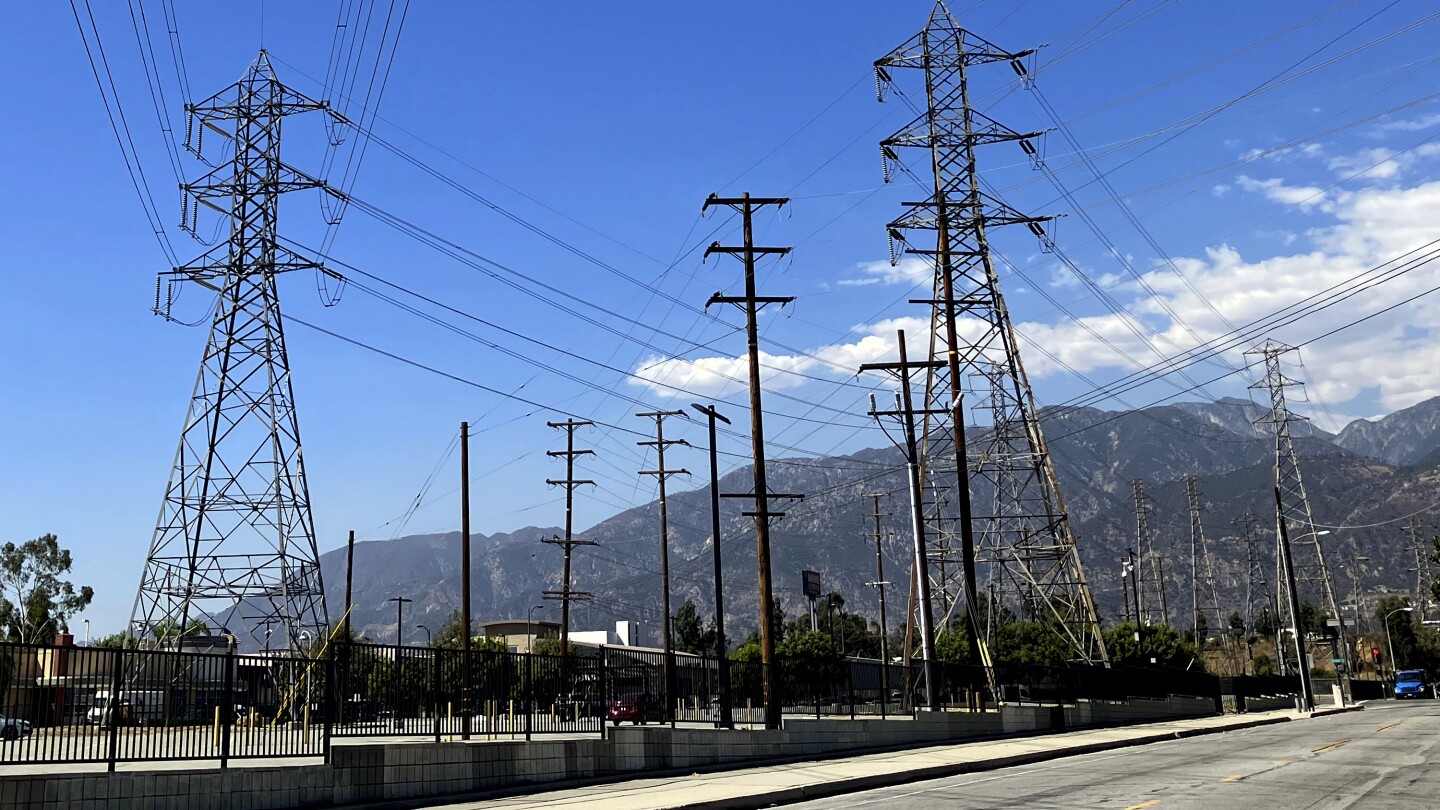California is on the brink of a significant change in how utility bills are calculated. The California Public Utilities Commission (CPUC) is considering a proposal that could introduce a new fixed charge on monthly power bills across the state. This development arrives as households nationwide grapple with increasing costs for essential services like sewer and water.
The decision, set for a vote on Thursday, would enable state utility companies to implement a monthly fixed charge of $24.15. In exchange, these companies would lower the electricity cost by 5 to 7 cents per kilowatt-hour, according to reports by the Associated Press.

The Impact on Different Households
The proposed pricing structure is likely to benefit those in energy-intensive households, particularly in warmer regions or those with electric vehicles at home. These residents could see substantial savings, with reductions estimated between $33 to $44 per month during summer months from air conditioning usage alone.
However, this shift might not be as favorable for Californians who consume less energy. For individuals in smaller homes or apartments, the new fixed charge could result in a net increase in their monthly expenses.
California May Increase Prices for People Who Use Less Electricity #Renewableenergyhttps://t.co/WEBdJL0zZW
— nan holland (@holly1547831) May 9, 2024
Political and Public Reaction
The reaction to the proposal has been mixed. Critics, including California Representatives Mike Levin and Mike Thompson, have expressed concerns that the fixed charge could discourage energy conservation and slow down investments in renewable energy technologies.
Their worries are echoed in a letter to the CPUC, highlighting potential conflicts with the objectives of the Inflation Reduction Act which aims to promote sustainable energy practices.

Conversely, proponents argue that the fixed charge could make clean energy more accessible and affordable. Southern California Edison (SCE), a major utility provider in the region, supports the change.
They assert that the adjustment would not increase company profits but would stabilize electricity costs for consumers, particularly benefiting those with limited financial resources. SCE’s advocacy for the proposal was shared in a recent post on X, emphasizing that the new structure could decrease electricity costs by 12.5 percent for their customers.

Looking Ahead: What This Means for Californians
As the CPUC prepares to make its decision, the implications for California’s energy landscape remain a topic of robust debate. The potential restructuring of utility billing highlights a broader challenge of balancing cost distribution with the advancement of clean energy goals.
Californians, especially those in less affluent circumstances or living in energy-efficient dwellings, will need to weigh the benefits of reduced rates against the new fixed charges. The outcome of Thursday’s vote will be crucial in shaping the state’s utility economics and its path toward sustainable energy solutions.










